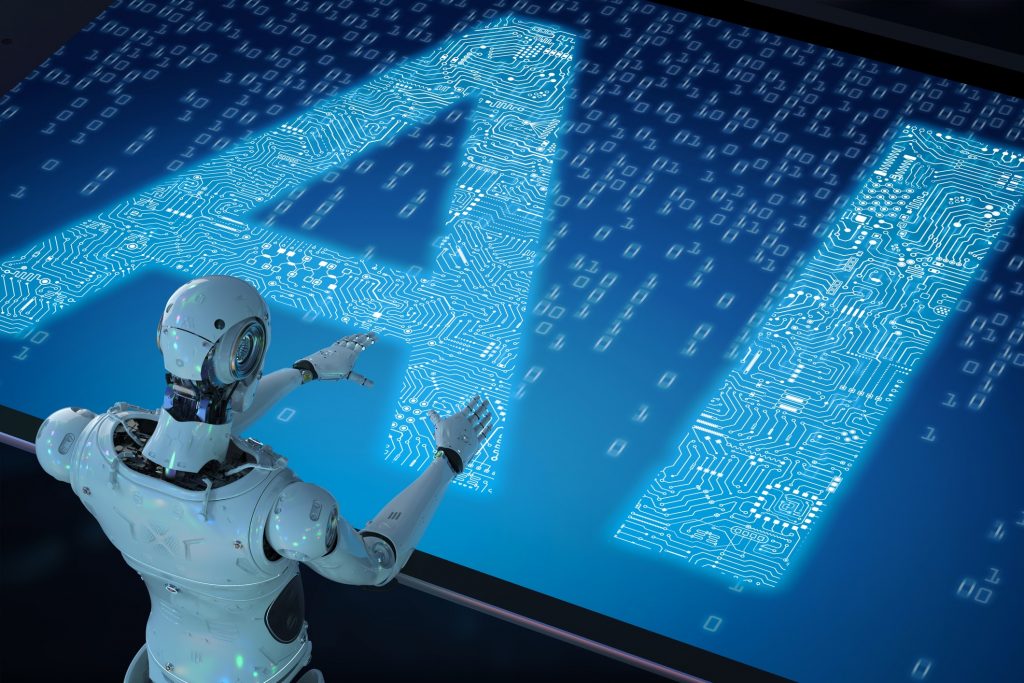In a recent essay co-written with linguistics professor Ian Roberts and AI researcher Jeffrey Watumull, renowned linguist Noam Chomsky expressed scepticism about the potential impact of artificial intelligence (AI) on people’s capacity for independent thought and creation.
While Chomsky acknowledged the impressive capabilities of AI language models such as OpenAI’s ChatGPT, Google’s Bard, and Microsoft’s Sydney, he argued that AI still has significant limitations when it comes to reasoning and morality, which makes it an example of the “banality of evil.”

Chomsky pointed out that AI lacks the ability to reason based on available information and come to new and insightful conclusions, which is a hallmark of human intelligence. Unlike humans, AI cannot discern accuracy or tell whether what it just said was true or false or what the user wanted to hear. The inability to reason critically may also be the biggest stumbling block to AI’s ability to make life better for humanity, according to Chomsky.
“To say not only what is the case, what was the case, and what will be the case—that’s description and prediction—but also what is not the case, and what could and could not be the case. Those are the ingredients of explanation, the mark of true intelligence,” Chomsky wrote.

Chomsky also highlighted that the current state of AI means that it cannot have the kinds of difficult conversations that have led to major breakthroughs in science, culture, and philosophy. ChatGPT, for example, must steer clear of morally objectionable content to be acceptable to most of its users.
Chomsky argues that AI needs to be empowered to generate novel-looking output to be useful, but it must also be restrained from making freewheeling decisions that could be dangerous.

Despite its limitations, AI language models such as ChatGPT have become popular with users due to their ability to generate coherent conversations by digging through large amounts of data. However, AI’s inaccuracies and lack of morality could contribute to the spread of conspiracy theories and lead to coercive decision-making that is dangerous to individuals and society.
Chomsky’s essay concludes that fears about rogue AI mean that it may never be able to make rational decisions and weigh in on moral arguments, which may limit its impact on our lives. ChatGPT’s lack of creativity and morality could mean it remains a toy and occasional tool rather than a significant part of our lives.

“ChatGPT exhibits something like the banality of evil: plagiarism, apathy, and obviation. It summarizes the standard arguments in the literature by a kind of super-autocomplete, refuses to take a stand on anything, pleads not merely ignorance but lack of intelligence, and ultimately offers a ‘just following orders’ defence, shifting responsibility to its creators,” Chomsky wrote.
While AI language models have shown impressive capabilities, Chomsky’s scepticism highlights the limitations of AI when it comes to critical reasoning and morality. As AI continues to develop, it will be essential to address these limitations to ensure that AI can be a force for good in our world.


